Startup Speed of Spring and Quarkus JARs on the Raspberry Pi
- September 18, 2020
- 4219 Unique Views
- 4 min read
For my book "Getting Started with Java on Raspberry Pi", an example was described to store sensors and measurements in an H2-database through REST APIs with a Spring application on the Raspberry Pi.
The application takes some time to start on a Raspberry Pi, and Adam Bien who does the airhacks.fm podcast asked me if I could compare this to a similar Quarkus application, which resulted in some nice results.
Application
The same application was developed in both Spring and Quarkus:
- Use embedded H2 database to store very simple one-on-many related data
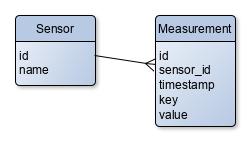
- REST with CRUD APIs for both sensor and measurement data
- Swagger UI to test the APIs
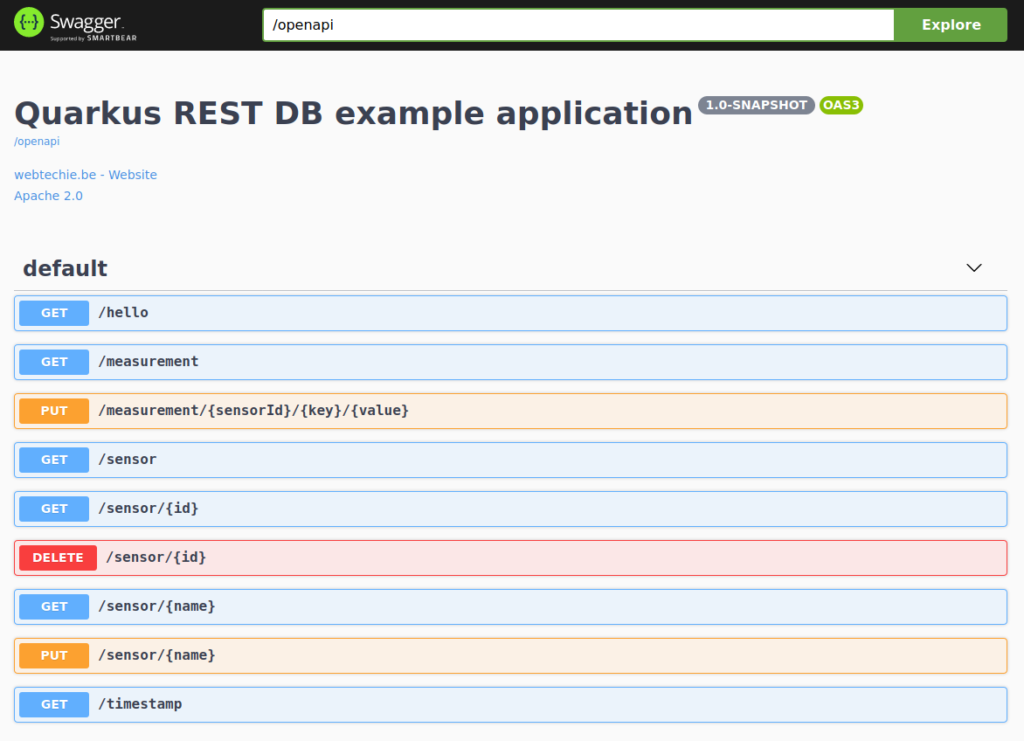
- Spring is using JPA, while Quarkus uses Panache
Sources
Both projects are available on GitHub in "JavaOnRaspberryPi > Chapter_10_Spring > java-spring-rest-db" and "JavaQuarkusRestDb". If you like to get more information of the code itself, you can check the blog post links at the bottom of this page.
I use Spring every day, but Quarkus was new for me. But thanks to the detailed documentation, building a new application with the same functionality as the Spring version, only took a couple of hours. This post is not a guide pro or contra one of these frameworks, but just a non-scientific attempt to compare the start-up speeds.
Both applications were packaged to JAR with Maven and m̀vn clean package.
Some of the keynotes while developing:
Spring
- Quick start with start.spring.io
- Easy to integrate H2 web console to consult the database
- Overload of examples and documentation available
Quarkus
- Quick start with code.quarkus.io
- Didn't find how to integrate H2 web console
- Good information available about Panache on quarkus.io > guides
- Live coding and testing is amazing! Start your application with
mvn quarkus:devand have any change available for testing immediately - Out-of-the-box native support with GraalVM (on PC, not (yet) on ARM)
Running the Application
To run the application, two new fresh SD cards where prepared with the Imager tool provided by Raspberry Pi, both having OpenJDK 11 pre-installed:
- Raspbian OS 32bit full edition
- Ubuntu 20.04 LTS (Raspberry Pi 3/4/, 64-bit server OS for arm64 architectures)
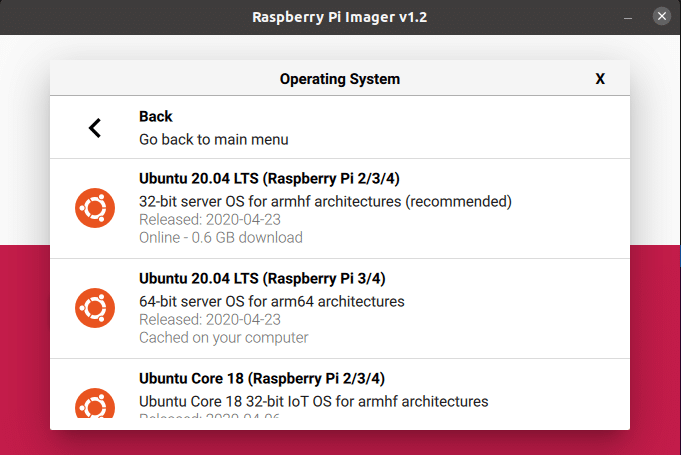
As both applications are packaged as a JAR, they can be started in the same way:
$ java -jar target/java-spring-rest-db-0.0.1-SNAPSHOT.jar $ java -jar target/javaquarkusrestdb-1.0-SNAPSHOT-runner.jar
Results
Each JAR was started a few times to get an average value from the startup time reported in their logging.
$ java -jar target/java-spring-rest-db-0.0.1-SNAPSHOT.jar . ____ _ __ _ _ /\\ / ___'_ __ _ _(_)_ __ __ _ \ \ \ \ ( ( )\___ | '_ | '_| | '_ \/ _` | \ \ \ \ \\/ ___)| |_)| | | | | || (_| | ) ) ) ) ' |____| .__|_| |_|_| |_\__, | / / / / =========|_|==============|___/=/_/_/_/ :: Spring Boot :: (v2.1.8.RELEASE) ... Started JavaSpringRestDbApplication in 36.606 seconds (JVM running for 39.212)
$ java -jar target/javaquarkusrestdb-1.0-SNAPSHOT-runner.jar __ ____ __ _____ ___ __ ____ ______ --/ __ \/ / / / _ | / _ \/ //_/ / / / __/ -/ /_/ / /_/ / __ |/ , _/ ,< / /_/ /\ \ --\___\_\____/_/ |_/_/|_/_/|_|\____/___/ ... (main) javaquarkusrestdb 1.0-SNAPSHOT on JVM (powered by Quarkus 1.6.0.Final) started in 9.259s. Listening on: http://0.0.0.0:8080
| Framework | PC | Pi3 | Pi3 | Pi4 | Pi4 |
|---|---|---|---|---|---|
| (1) | (2-32b) | (2-64b) | (3-32b) | (3-64b) | |
| Spring JAR | 7s | 66s | 60s | 36s | 34s |
| Quarkus JAR | 2s | 17s | 16s | 9s | 9s |
| Quarkus Native | 0.06s | - | - | - | - |
The average startup speed of Quarkus JAR is 3 to 4 times faster compared to Spring JAR. The native one is extremely fast but I only got it working on my PC. It will be really fun to repeat this experiment when there is a GraalVM version for ARM.
- (1): Dell i7, 16 Gb RAM, Ubuntu 20.04 64-bit
- (2): Raspberry Pi 3B+ 1GB RAM, Broadcom BCM2837B0, Cortex-A53 (ARMv8) 64-bit SoC @ 1.4GHz
- (3): Raspberry Pi 4B 4GB RAM, Broadcom BCM2711, Quad core Cortex-A72 (ARM v8) 64-bit SoC @ 1.5GHz
- (32b): Raspbian OS 32-bit
- (64b): Ubuntu server OS 20.04 LTS 64-bit
Note: Used with permission and thanks — originally written by Frank Delporte and published on webtechie.be in the posts "A Spring REST and H2 database application on the Raspberry Pi" and "Comparing a REST H2 Spring versus Quarkus application on Raspberry Pi".
Don’t Forget to Share This Post!



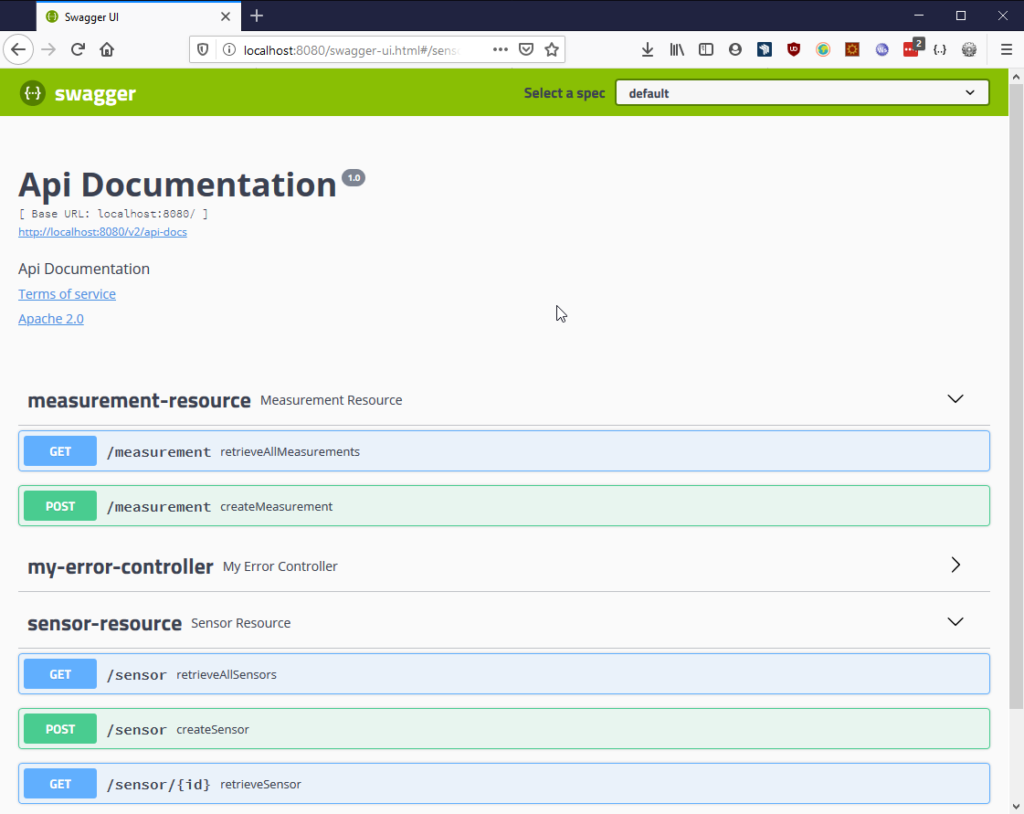
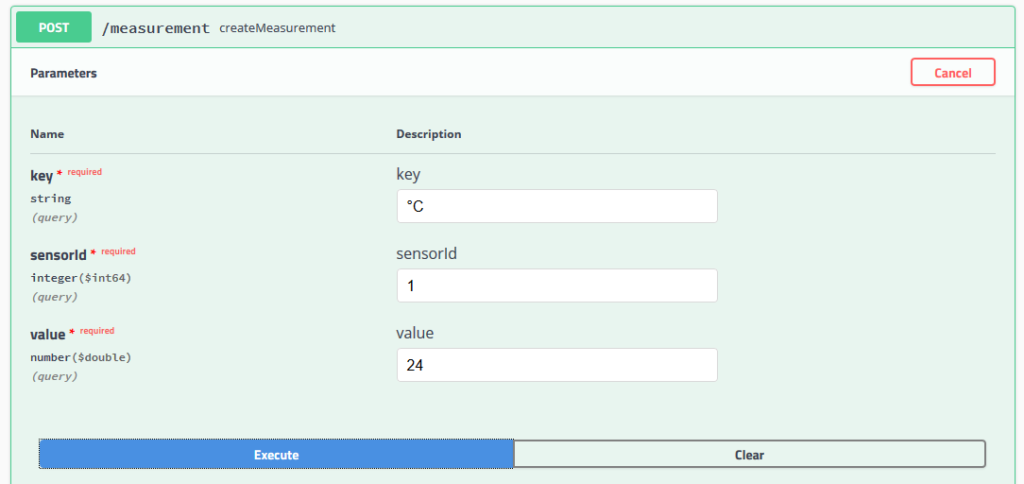


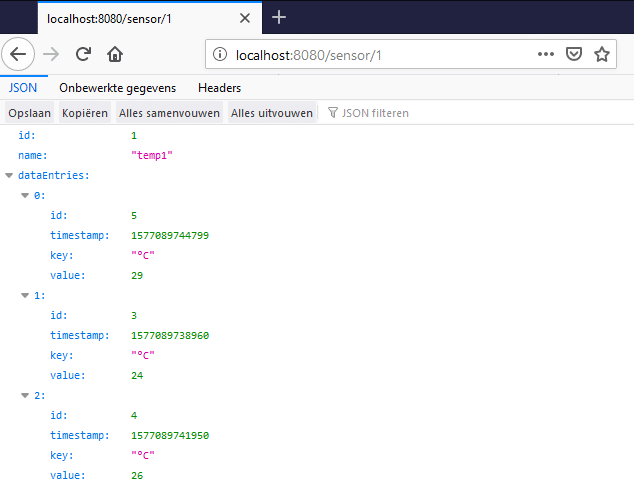
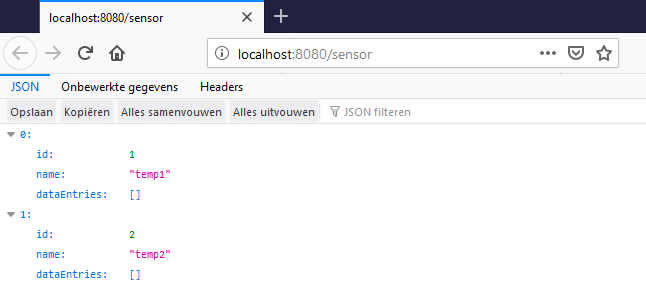
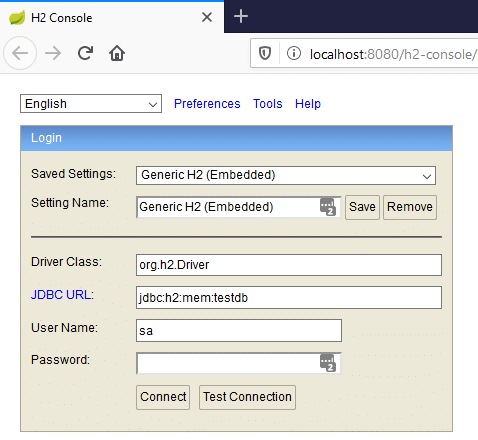
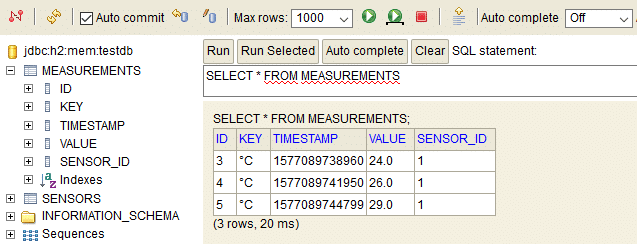
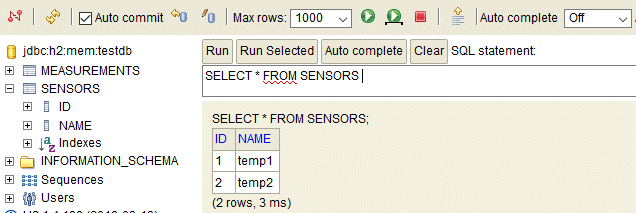





Comments (0)
No comments yet. Be the first.